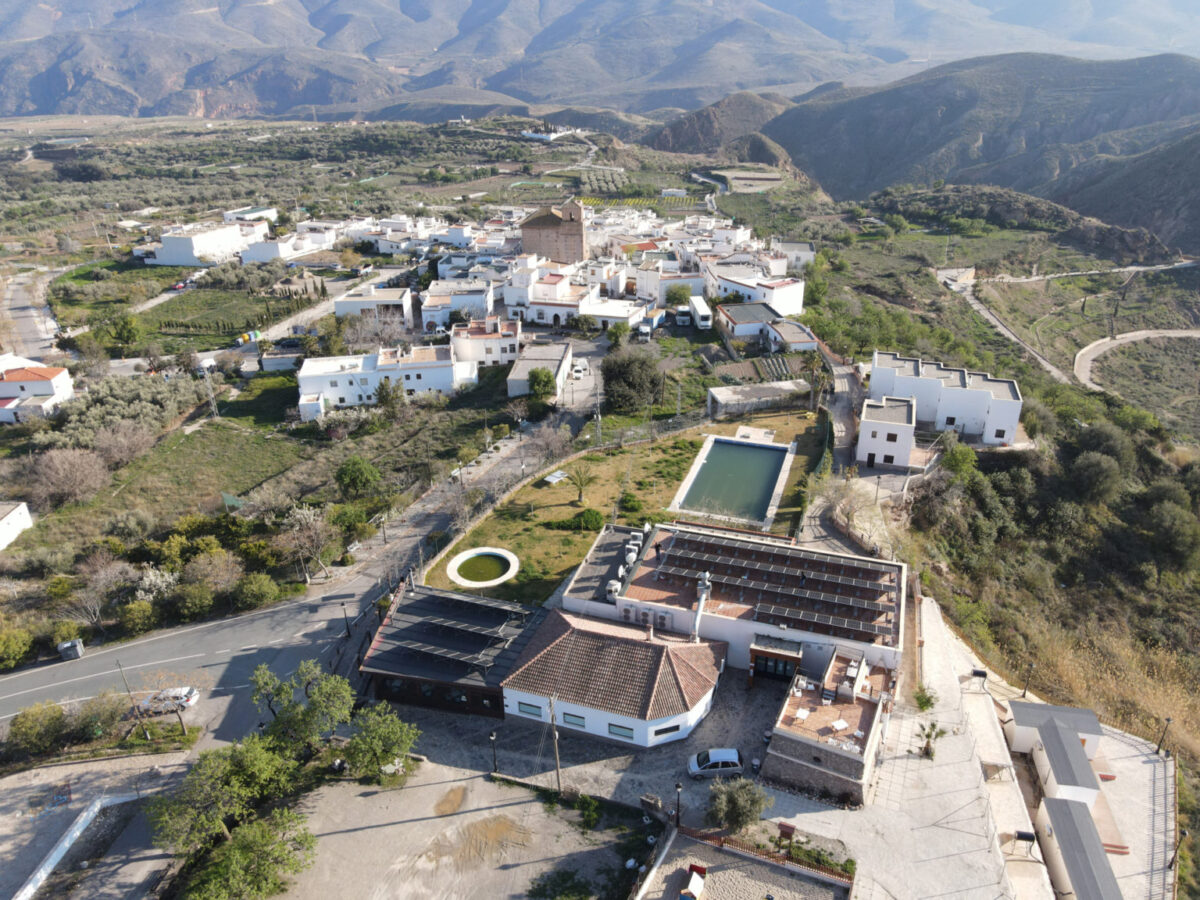Energy communities more profitable than individual self-consumption in Italy, Portugal – pv magazine International
Researchers behind a techno-economic analysis of energy communities in Italy and Portugal say that collective self-consumption is a more lucrative solution than individual installations.
March 12, 2024
An international research group has carried out a techno-economic evaluation of energy communities in Italy and Portugal under their respective regimes for self-consumption.
The researchers also looked at the impact of post-pandemic policies and identified the optimal PV system designs for four different community configurations in the two countries, based on financial incentives.
Italy has also been granting two different fiscal credits for the installation of PV and storage projects in the frame of building renovation projects, the so-called Superbonus and Ecobonus, covering 110% and 50% of the project costs, respectively.
In June 2020, the Portuguese government allowed individual prosumers not to pay 50% of the CIEG, a part of the electricity tariff paid by Portuguese consumers that represents 29% of the price of low-voltage electricity, and energy communities not to pay 100% of the CIEG.
The Portuguese authorities are also offering rebates for PV systems with or without storage that cover up to 85% of the investment up to the limit of €2,500 per project.
The analysis showed that using the Superbonus favored the smallest systems, while the Ecobonus was more favorable to the largest ones. This is due to the lower cost of smaller systems, in which the savings come mainly from self-consumed energy.
Popular content
In this case, the configuration that maximizes self-consumption is the most beneficial. Furthermore, the incentives offered cover almost the entire cost of the system. If batteries are included, the optimal system is the one with the smallest battery because it is the cheapest configuration.
This approach is due to the higher cost and shorter useful life of batteries compared to photovoltaic systems, which require eventual replacement. Therefore, using smaller batteries is the most effective strategy to maintain the economic viability of the project.
The analysis in Portugal revealed that the optimal system for all family types without storage was the smallest, while storage scenarios generally resulted in unprofitable projects.
According to the authors of the research, “a sensitivity analysis should be carried out to determine which Portuguese incentives would be appropriate to promote storage equipment.”
Simulations of energy communities for all families showed that, in Italy, the best configurations consist of families acting as producers with higher PV capacities and smaller batteries. By contrast, in Portugal, policies favor smaller PV systems without batteries, leading to optimal configurations where households are solely consumers.
The main conclusion of the study is that, for both countries and the four family schemes, being part of an energy community is more economically viable than being in a regime of individual self-consumption. This is because individual households continue to prioritize self-consumption and personal savings, while selling their excess energy at a more favorable price than they would receive from the grid.
The academics published their findings in “Techno-economic analysis of self-consumption schemes and energy communities in Italy and Portugal, published in Solar Energy. The research group included scientists from the University of Lisbon in Portugal, as well as Italy’s Eurac Research and the Polytechnic University of Milan.
This content is protected by copyright and may not be reused. If you want to cooperate with us and would like to reuse some of our content, please contact: ed*****@pv*********.com.


